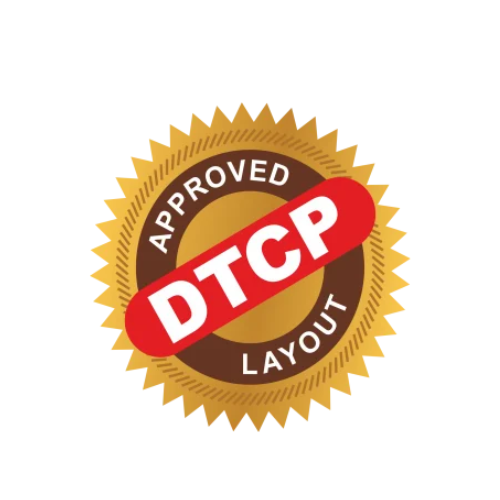Frequently Asked Questions
These are the five major objectives of RERA 2016.
a. To establish the Real Estate Regulatory Authority (RERA)
b. To promote transparency and efficiency in the sale of real estate projects
c. To protect the interest of consumers in the real estate sector
d. To establish an adjudication mechanism for speedy dispute settlement
e. To set up an Appellate Tribunal to hear appeals from the decisions, directions or orders of the RERA
The Real Estate (Regulation and Development) Act, 2016 (the Act, from hereon) is an initiative by the Indian Government to enhance transparency in real estate-related transactions by creating a systematic and uniform regulatory environment, thereby protecting consumers’ interests and making real estate developers liable for the timely completion of projects.
As per the RERA rules, the consumer is entitled to receive information about the sanctioned plan, approved layout plan, stage-wise progress of the project, carpet area and facilitation of basic amenities & services such as drinking water, electricity, sanitation, etc.
b. The consumers can claim possession of the unit and the association of consumers can collectively claim possession of the common areas as declared by the real estate developer.
c. In case the real estate developer fails to meet the timeline or does not deliver what was promised, the consumer has the right to claim refund of amount paid with prescribed interest and compensation for the same
The Confederation of Real Estate Developers’ Associations of India (CREDAI) is the apex body of private real estate developers, representing 12,500 members spread across 23 state-level chapters and 205 city-level chapters in India. Following are the benefits of becoming a member of CREDAI.
1. The collective representation and unified voice of the real estate industry.
2. Influencing policy and processes relating to taxation, interest rates, FDI, RERA, the environment, and labor legislation.
3. Enhancing the perception of the real estate industry through social action on skill development, solid waste management, labour welfare, and education.
4. Bonding, interaction, and consensus building among the real estate community.
5. Participation in debate and discussion for strategic action.
The valuation process evaluates the market value of the property. Demand and supply forces operating in the market, as well as other factors like type of property, quality of construction, its location, the local infrastructure available, and maintenance, are all taken into consideration before the market value is decided.
Typically, if a real estate agent is asked to judge the value of a piece of property, he would do so based on information of recent sales or purchases of similar properties in that area.
Though this may give a fair idea of the property’s market value, an official property valuation would carry more weight. E.g., if you need to use this piece of property as a security against a loan, the bank’s loan approval process would be faster and smoother if the property is certified by an official valuer. Many banks now insist on valuation certificates before issuing loans using properties as security. The value thus certified may also increase the chances of getting a higher amount of loan sanctioned.
Another benefit of official valuation is that it is a useful negotiating tool when selling the property.
Such certification also becomes essential in situations where the correct value of the property has a legal bearing, such as a will statement, insurance papers, business balance sheets, etc.
- Under Foreign Exchange Management Act, 1999, Non-resident Indian are:
Indian citizen who stays in India less than 182 days during the preceding financial year.
Indian citizen who goes out of India or who stays a/divoad for employment or carrying on business or on vocation or for any other purposes, in circumstances indicating an uncertain period of stay a/divoad, OR
Government servants deputed a/divoad on assignment or posted to their offices, including Indian Diplomatic Missions a/divoad, OR
Indian citizen working on assignment with foreign government regional/international Agencies like the UNO, WHO, IMF, World Bank, etc.
OUR CLIENT TESTIMONIALS



OUR ACCREDITATION








